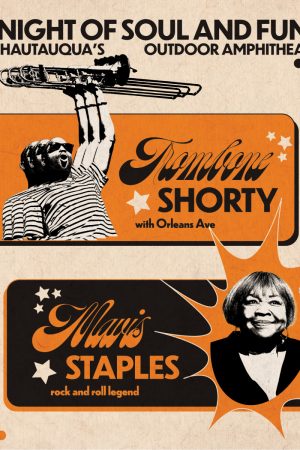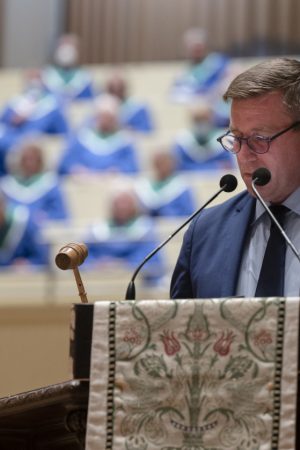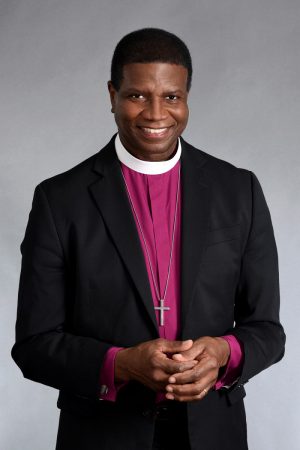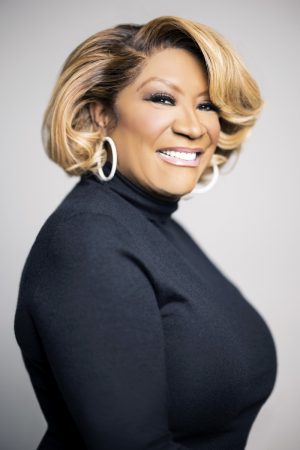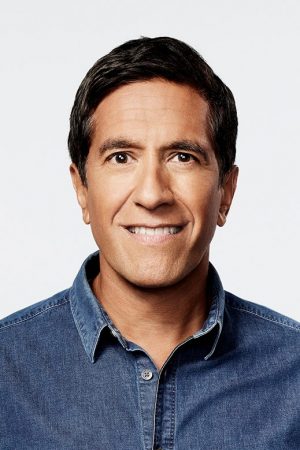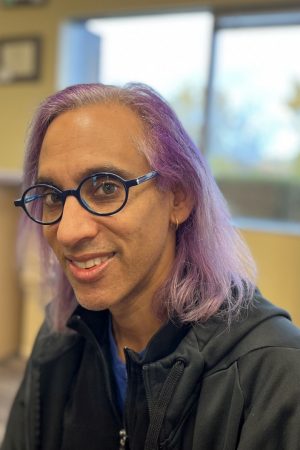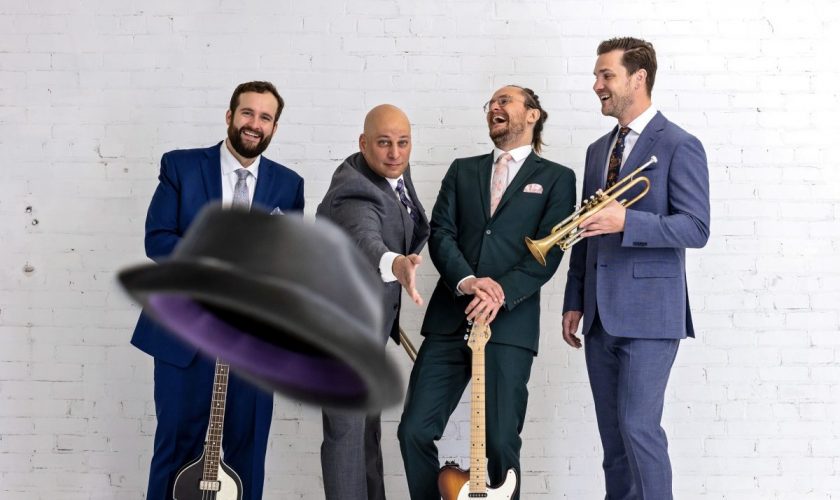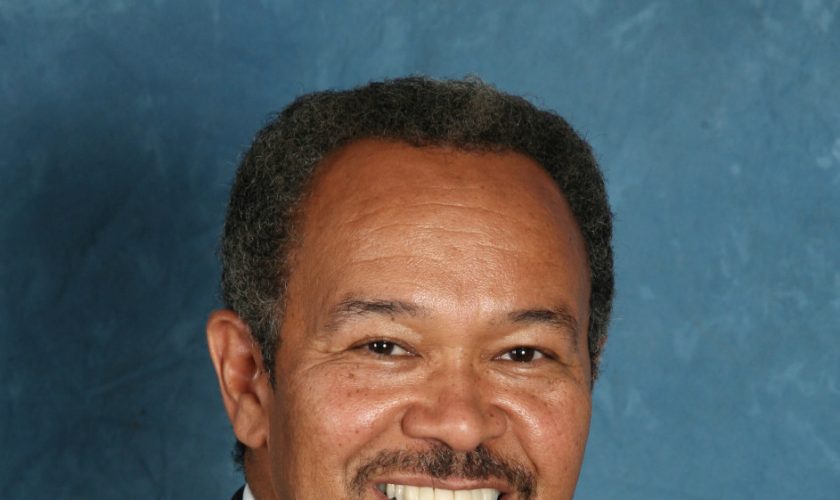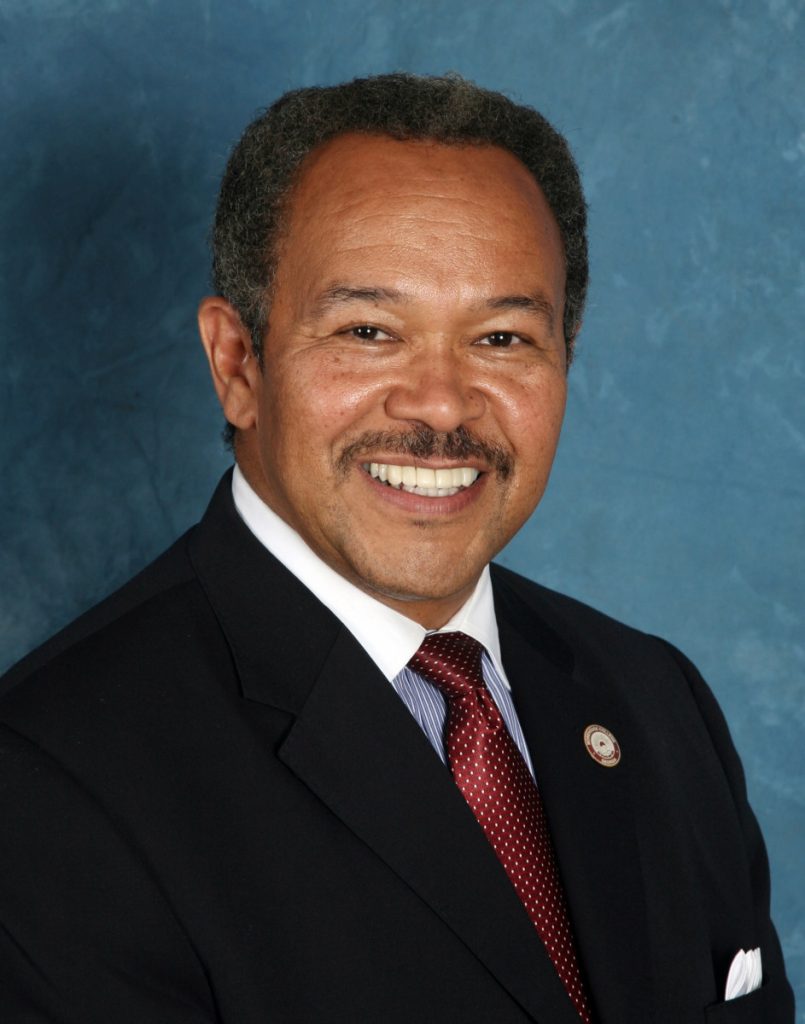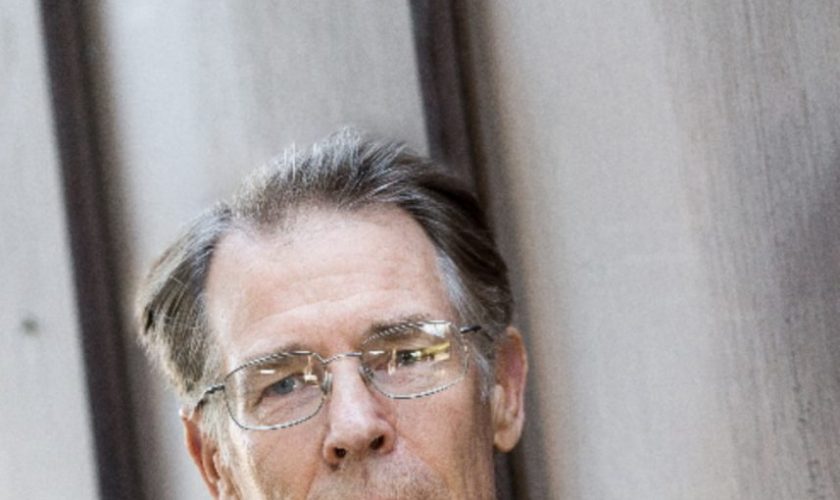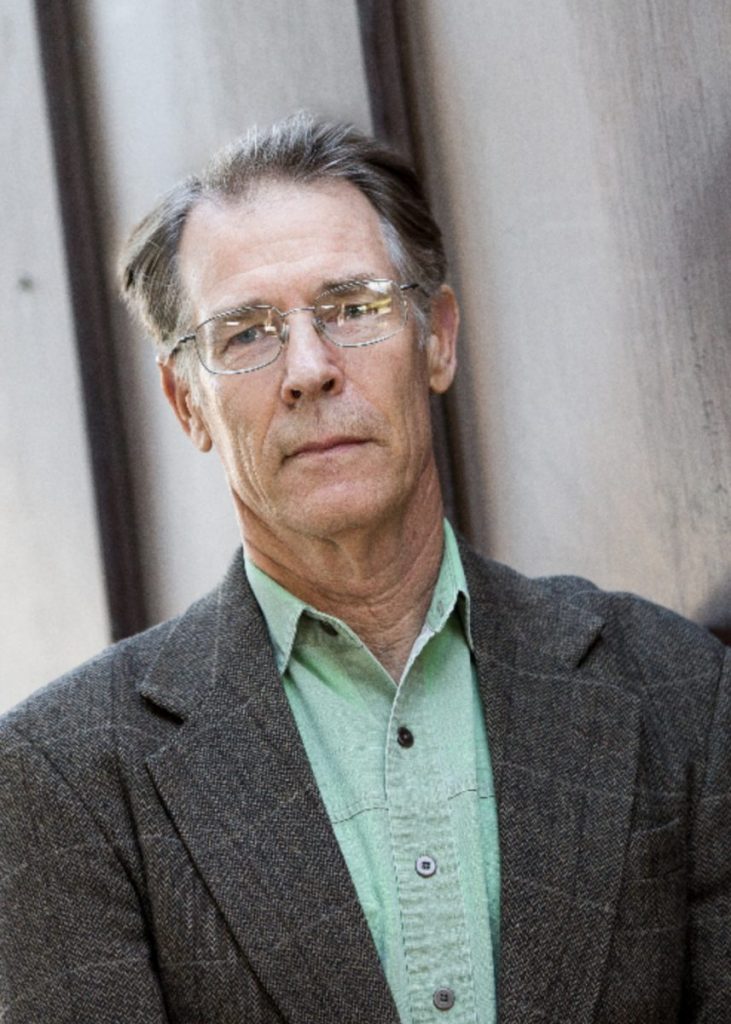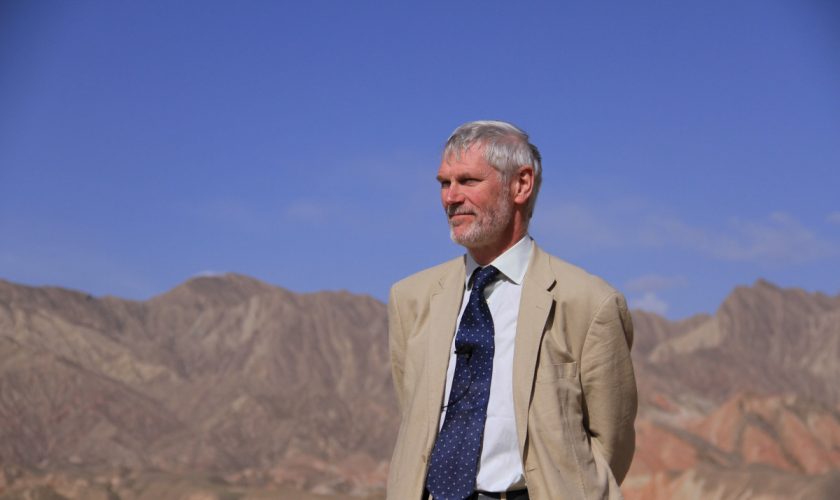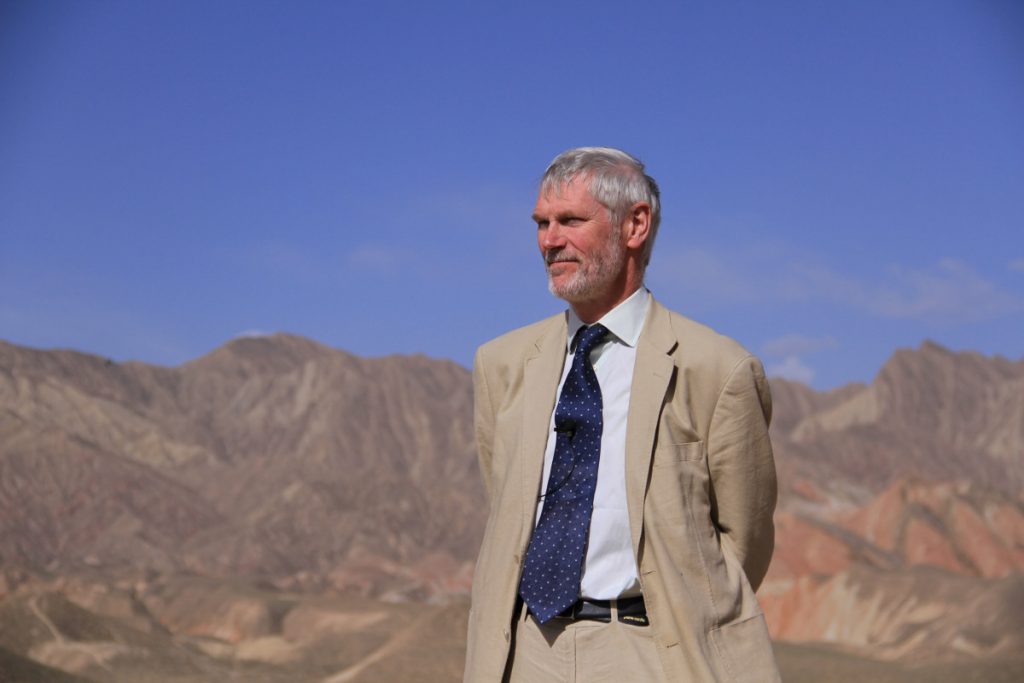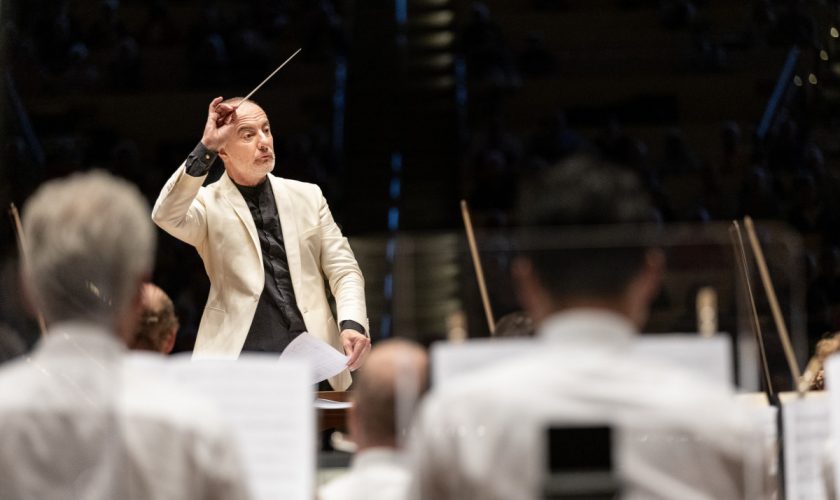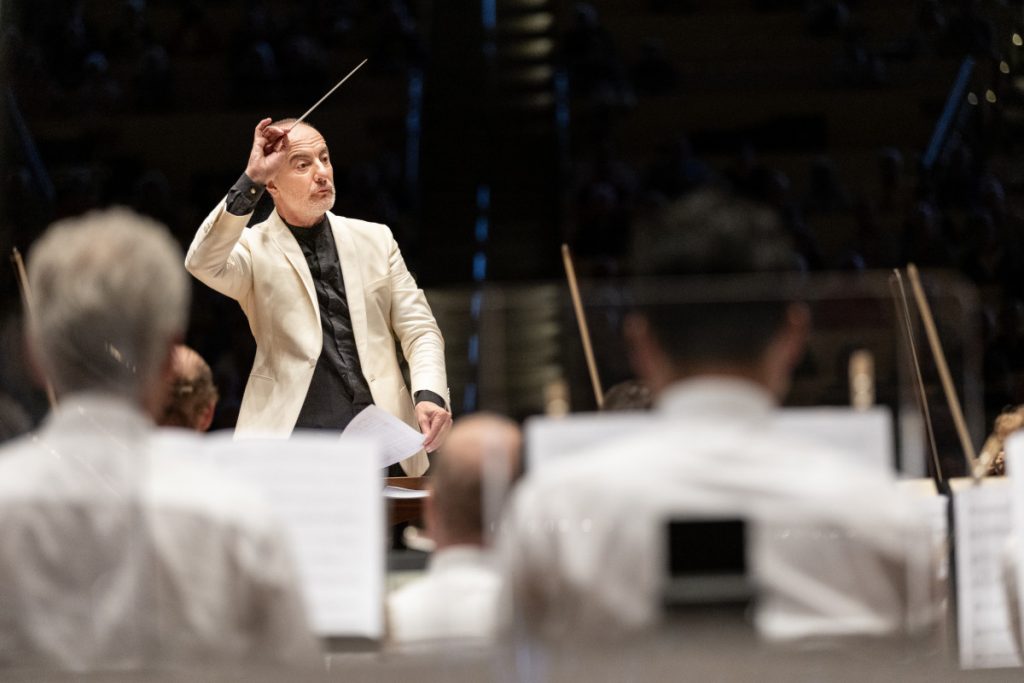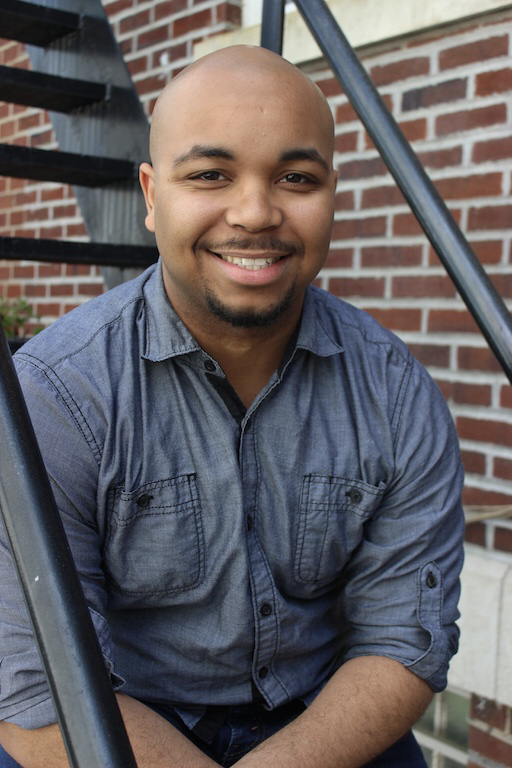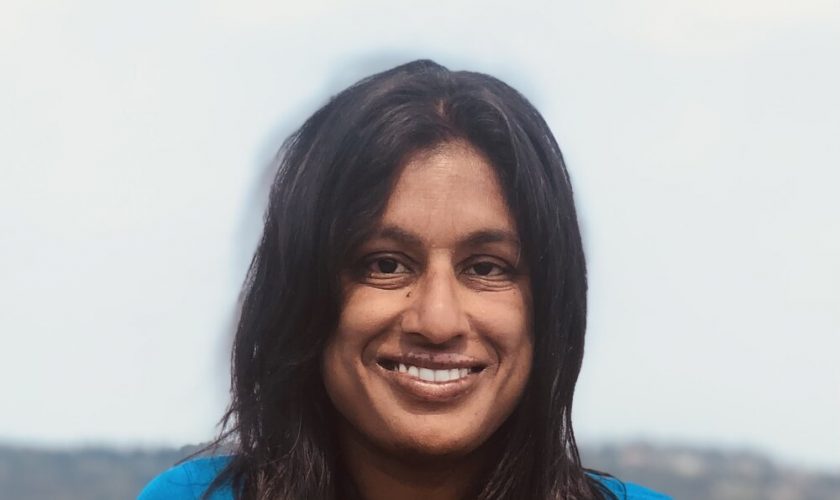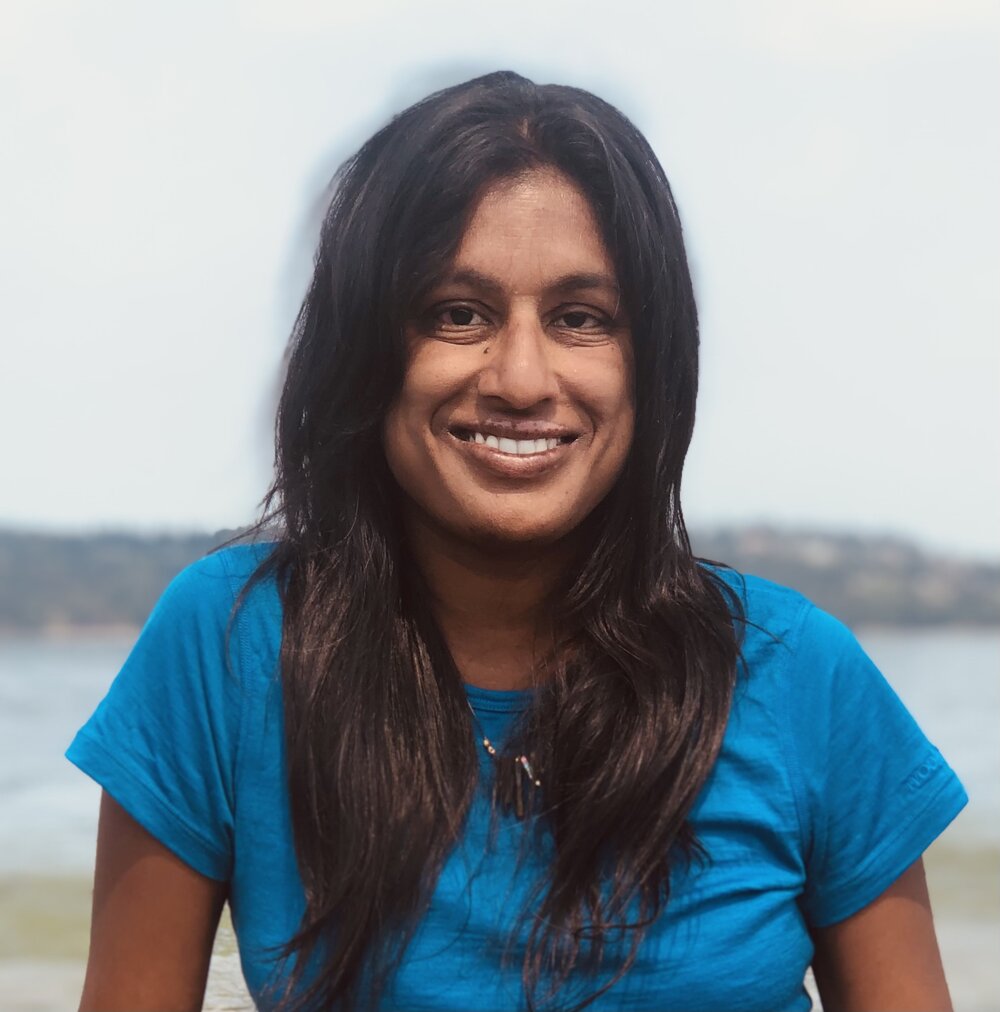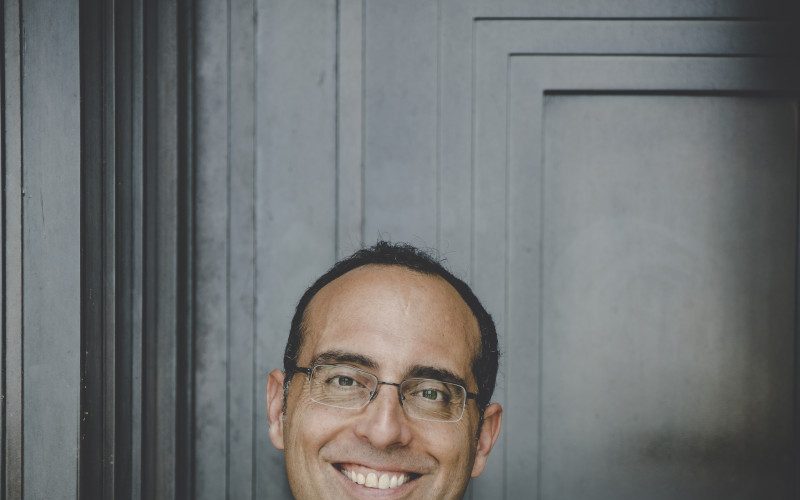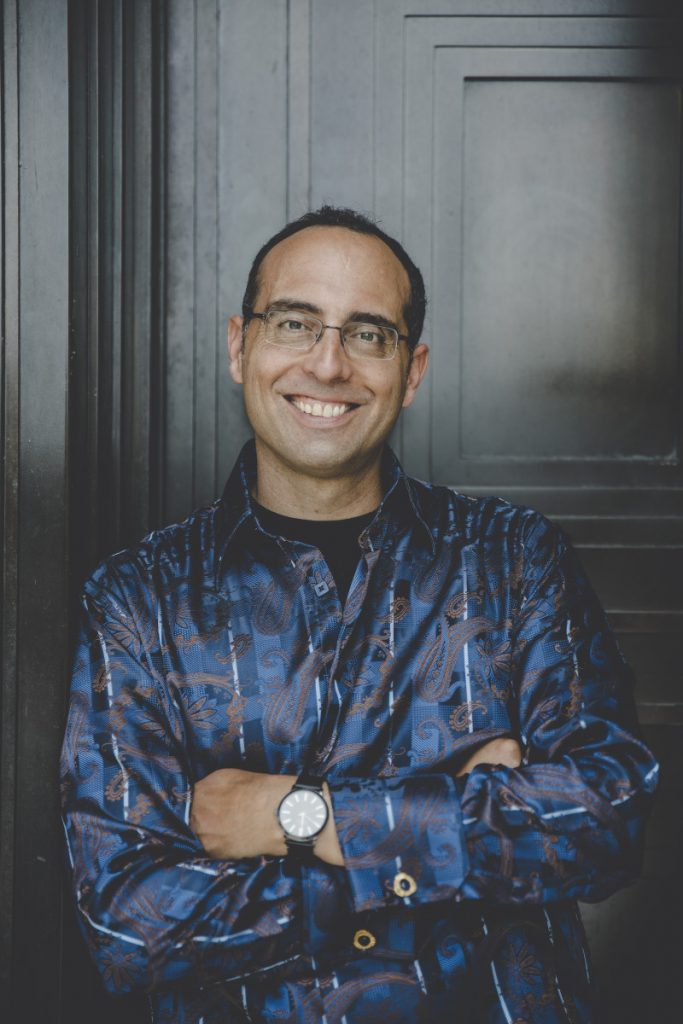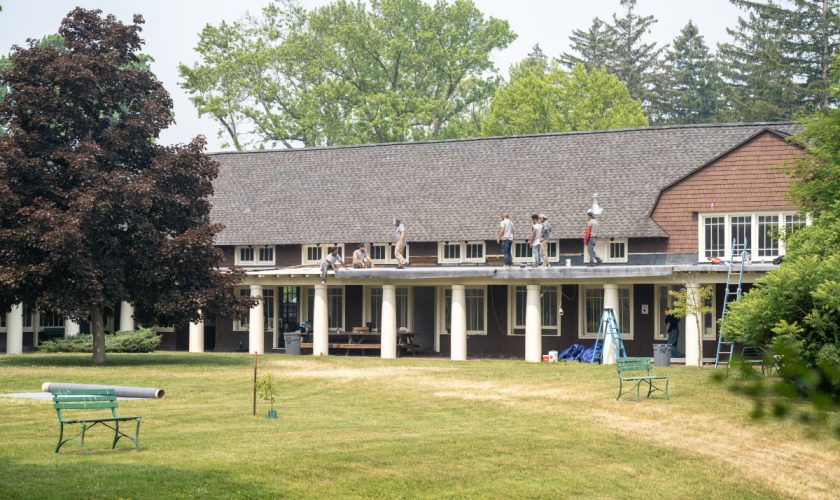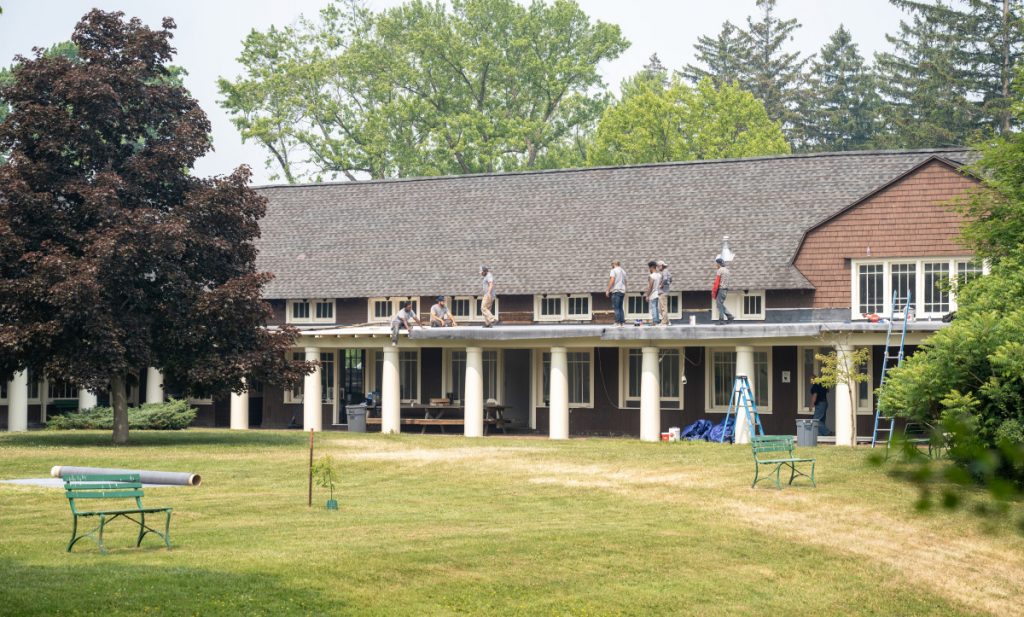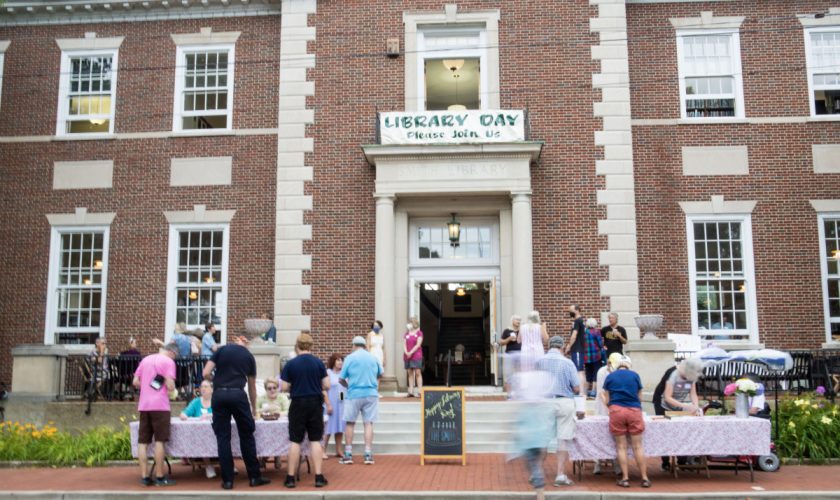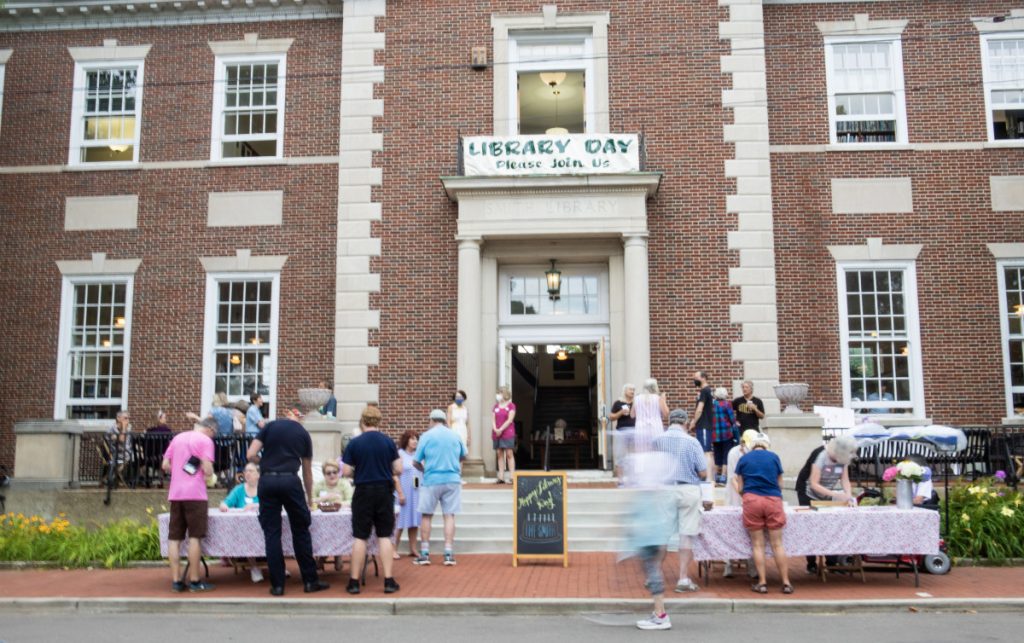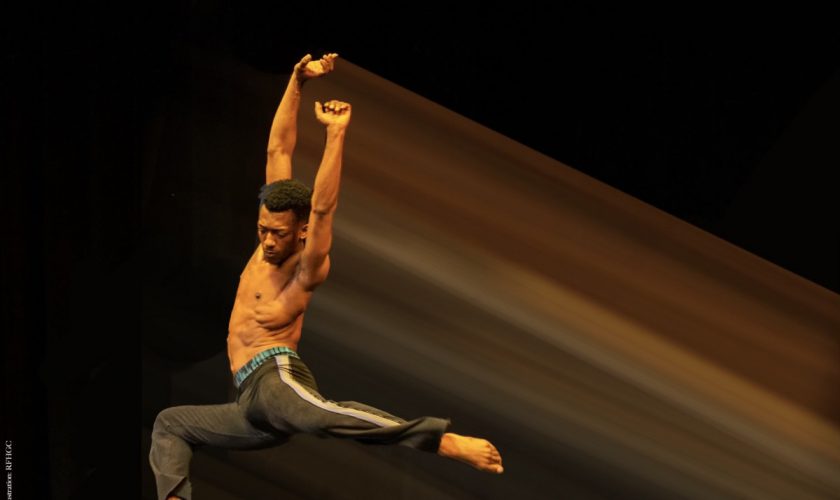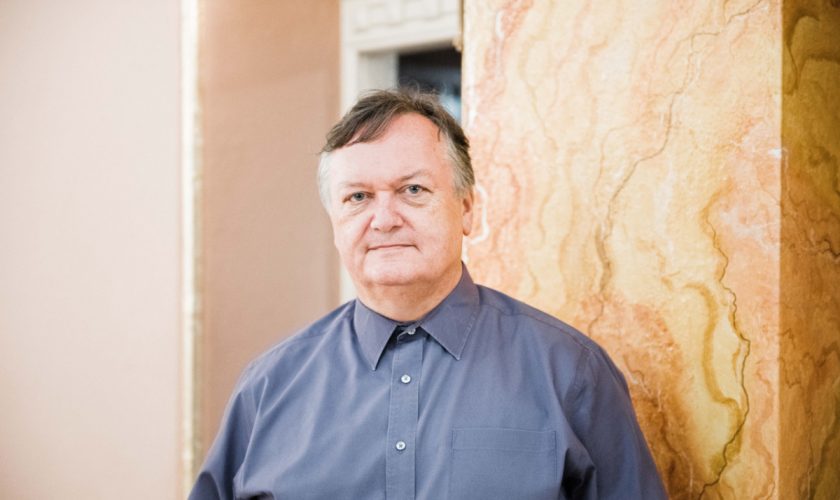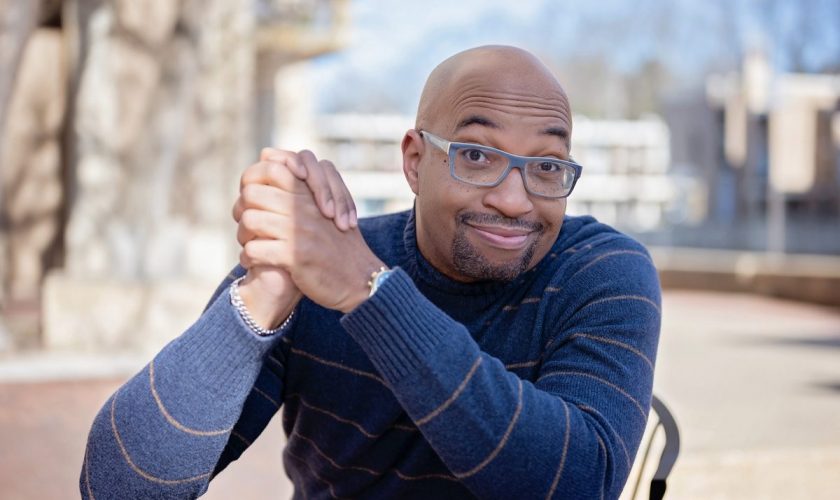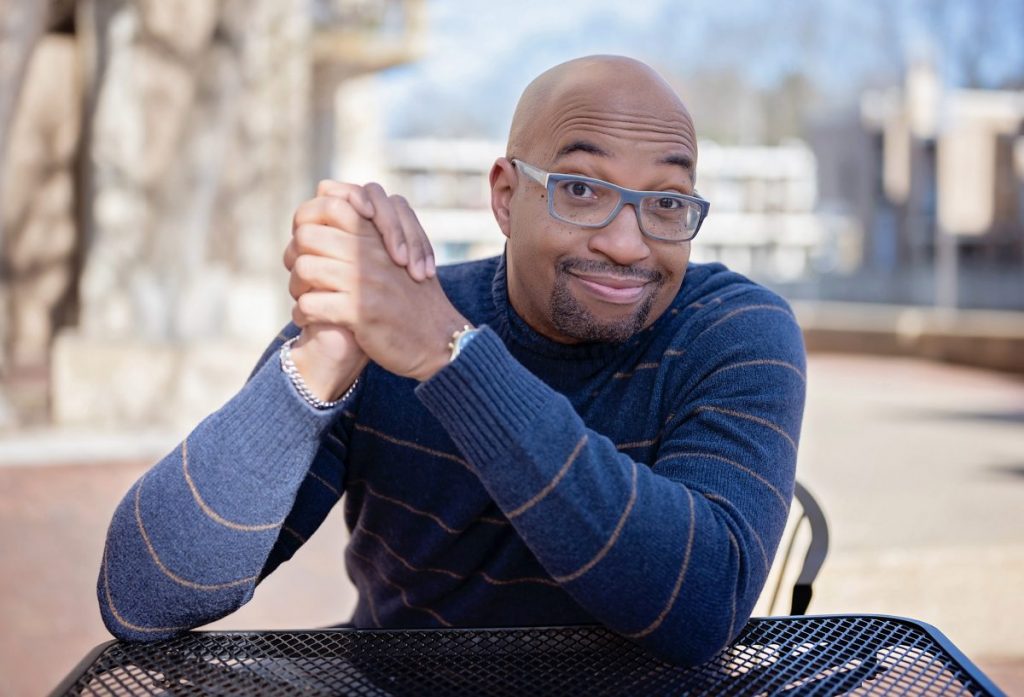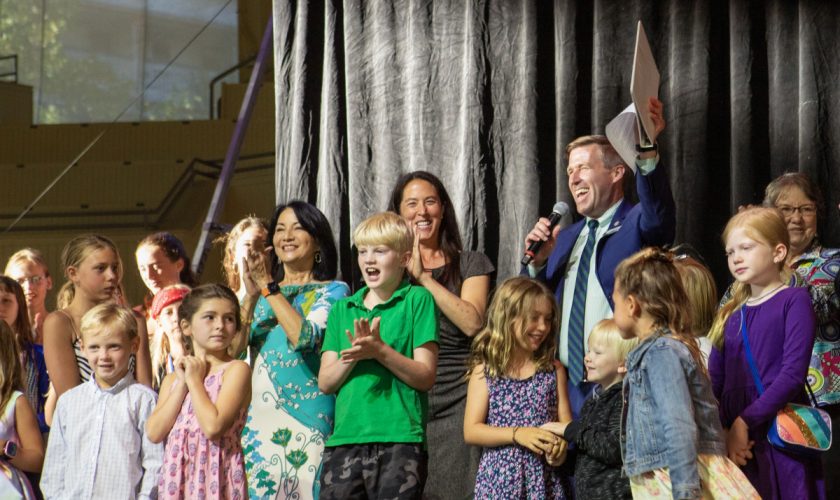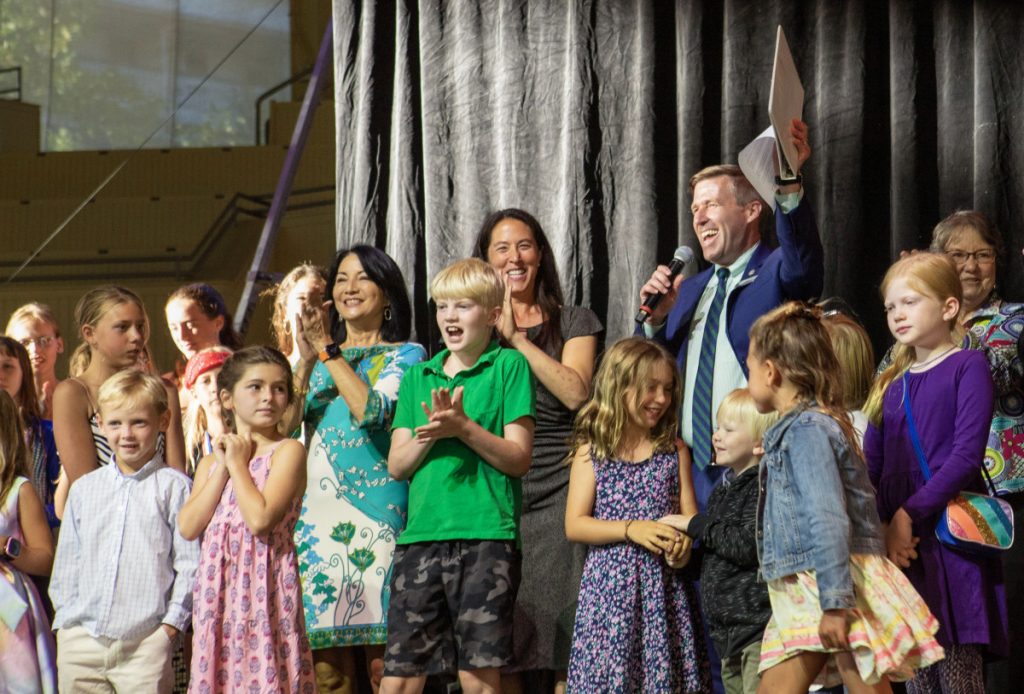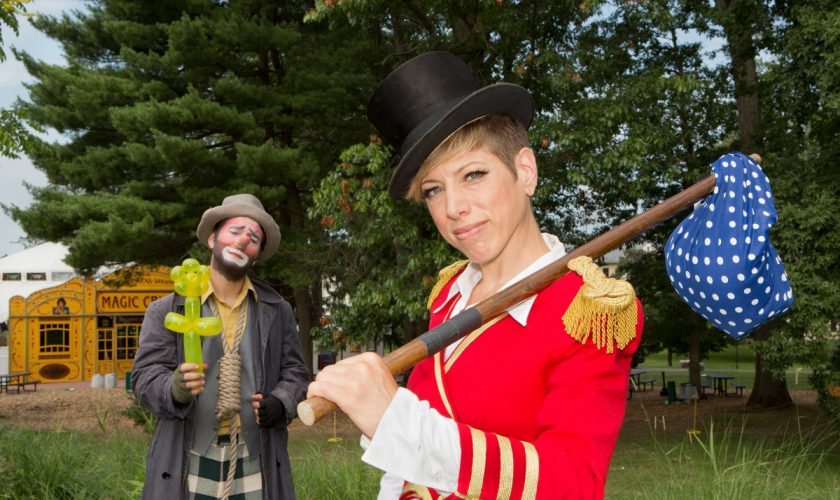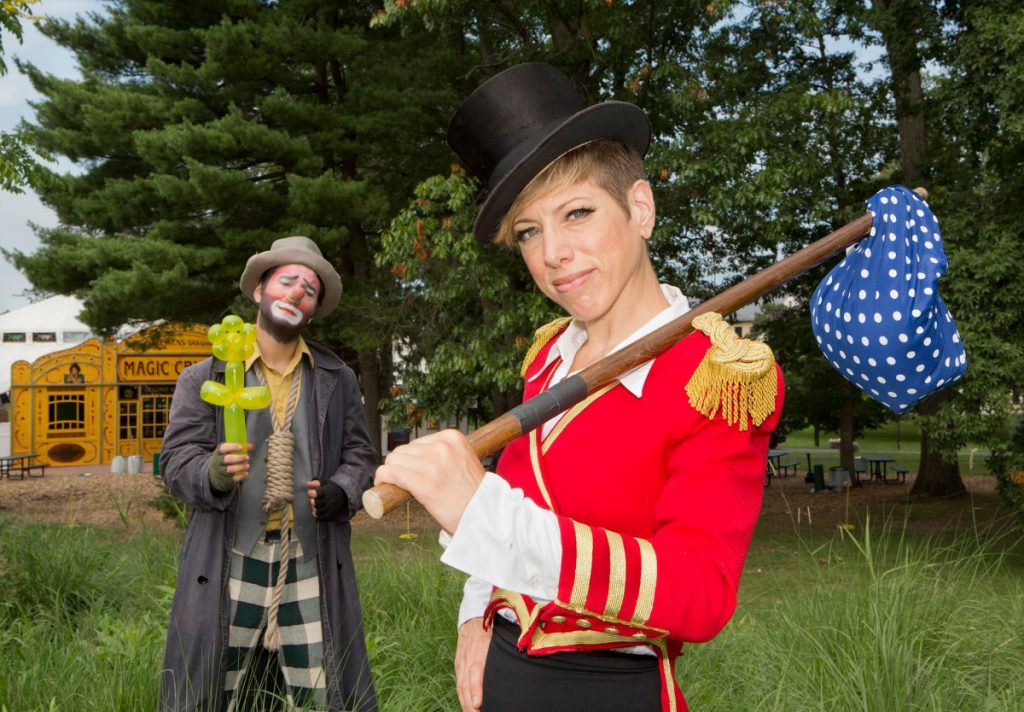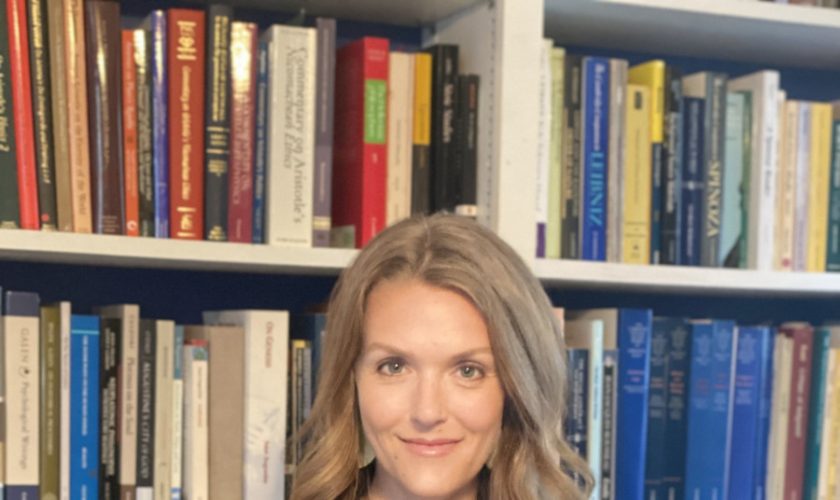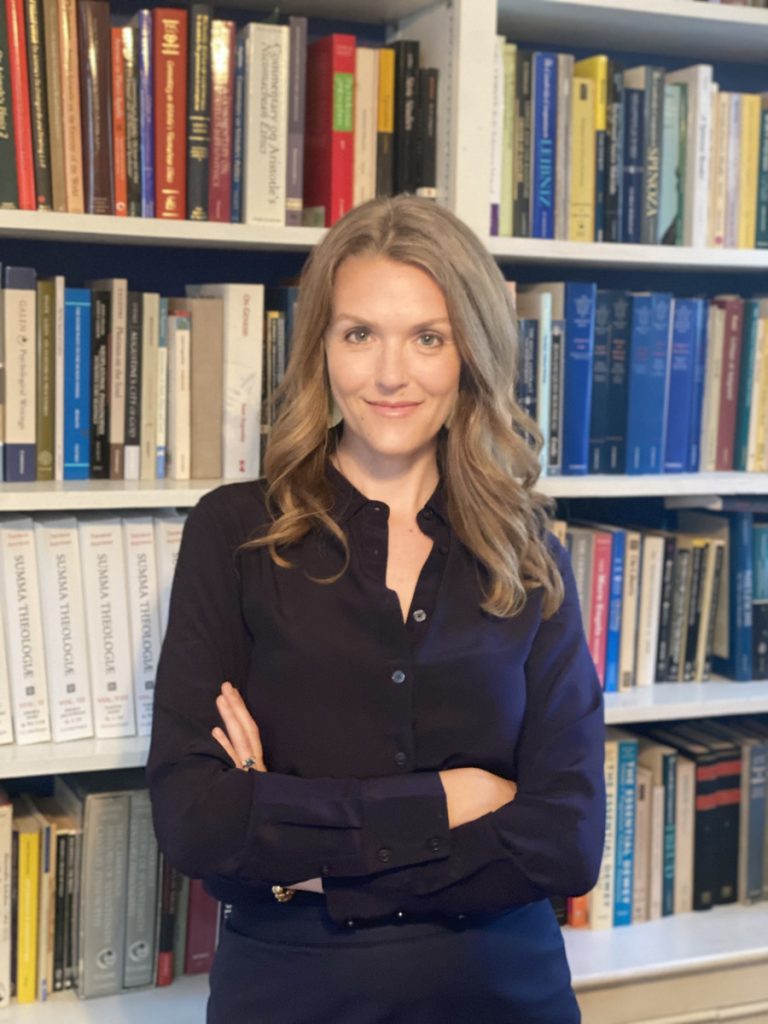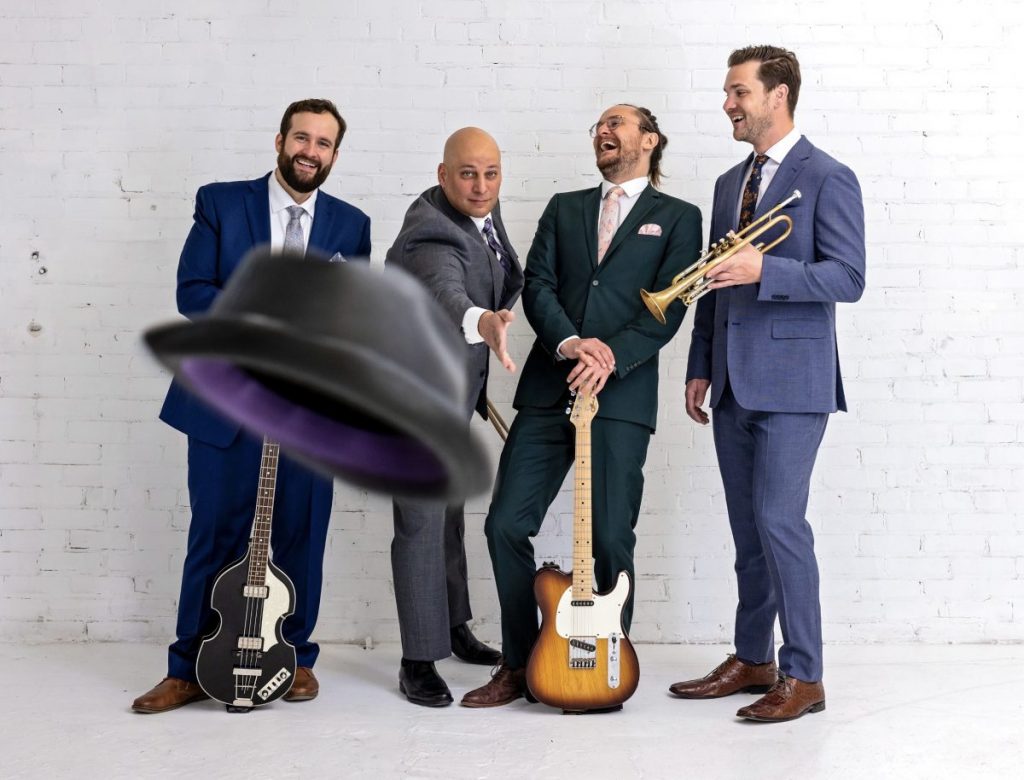
Arden Ryan
contributing writer
Masters of the four-part harmony and muse for vocal groups that followed them, the Four Freshmen model the sound of jazz-meets-barbershop.
“The Four Freshmen are considered one of the most inspirational vocal groups of all time,” said Bob Ferreira, the group’s drummer and bass vocalist. “There’s always been a draw to harmony. Today it’s as popular as ever.”
At 8:15 p.m. tonight in the Amphitheater, Chautauqua will get a taste of what makes the Four Freshmen such an influence.
Laura Savia, vice president of performing and visual arts, said she’s excited to bring the group back to Chautauqua. The ensemble, that last performed on the Amp stage in 2017, has “set the standard for a time less, classic, American sound,” Savia said.
“They deliver the quintessential male quartet sound with tight harmony that has spawned (generations) of offshoots in pop music,” she said.
Many popular a capella and vocal groups were “directly or indirectly inspired (by) the music of the Four Freshmen,” Ferreira said, including, he likes to note, the Beach Boys — Brian Wilson directly credits the Four Freshmen for helping his group solidify their sound.
Beginning with the group’s founding in 1948 at Butler University, the Freshmen have had a continuous line of members honoring the tradition of the male vocal quartet, marking 75 years of steady performances this fall.
“The group’s lineage is a cool feature,” Savia said — “an unbroken chain of singers, cohorts of foursomes linking back” to the original.
“This group is highly flexible in that when a member leaves, a new member will come in to replace them,” Ferreira said. “It’s been that way since its inception.”
The four current members have been together for several years, making them a tight, cohesive unit.
The group will add their pioneering musical style to the Amp entertainment season, “lifting up a jazz sensibility married with barbershop” that hasn’t yet been heard this summer, Savia said.
The Freshmen all play their own instruments, currently performing on drums, bass, guitar and trumpet. The lineup changes over the years with different group iterations, Ferreira said. They “play to the attributes of the members, and not every member brings the same thing as his predecessor.”
The band’s sound and interpretation have evolved over the decades, he said, remaining contemporary while staying true to their classic sound.
“The focus is the harmony. … We’ve tried to come back (recently) to what the group was originally,” centering on the vocal blend.
The group will sing familiar songs and introduce the crowd to new ones, performing throwbacks to their early years while staying accessible to younger listeners.
The Freshmen “are the rare kind of ensemble appealing to old and young,” Savia said. Their sound is “fresh, sophisticated, and fun,” and will bring the “intergenerational artistic experience” for which Chautauqua strives.
“Their music inspires audiences everywhere,” Savia said, “reminding us that four voices and a set of instruments can produce a dynamic and unforgettable sound.”
For Ferreira, performing the Freshmen’s vein of close-harmony music is just fun.
“When we’re singing and the four guys hit that chord, and it just locks in and it rings, there’s nothing like it,” Ferreira said. “Those little moments that come, you remember those. That’s the beauty about singing harmony.”
Since playing in rock groups as a high schooler, Ferreira has nurtured a love of sharing music and the camaraderie of an ensemble.
“When you’re working with a band,” he said, “you develop a chemistry, a symbiosis … You’re able to read each other, finish each other’s (musical) sentences.”
Ferreira has been performing with the Four Freshmen for 31 years and said that “being able to communicate, almost subliminally, on the stage with others and be able to react and respond in this musical conversation … is pretty magical.”

